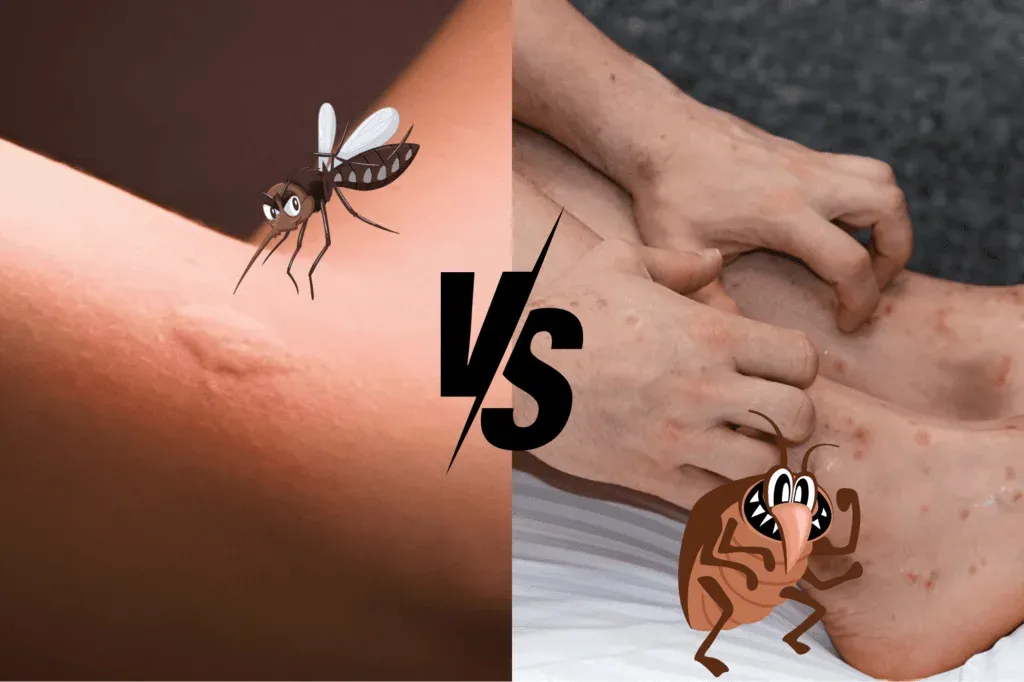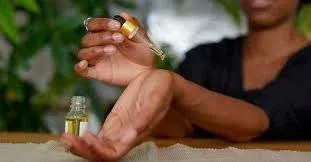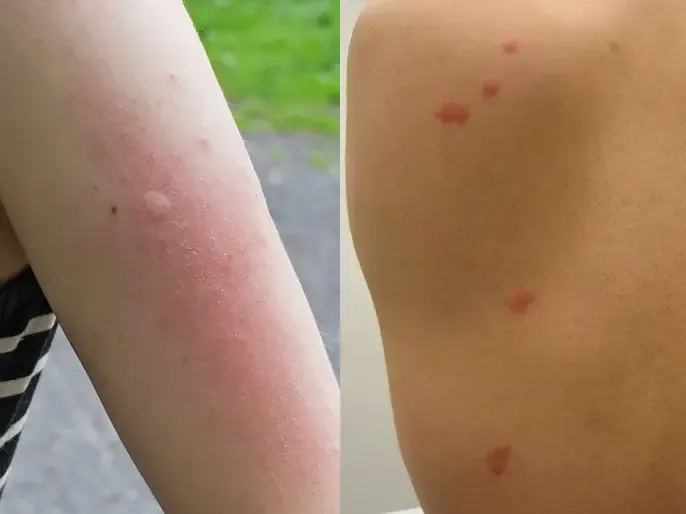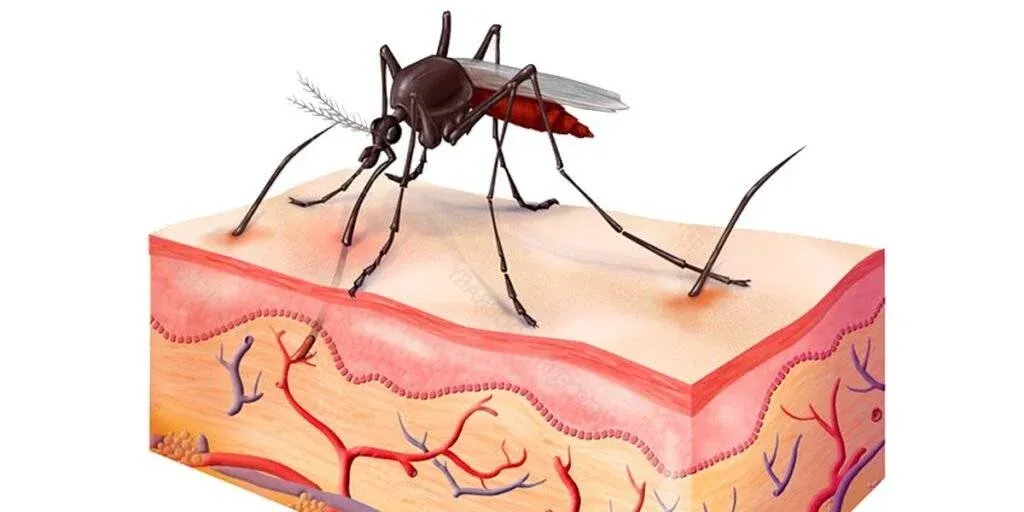Most mosquito bites are harmless and fade away within a few hours to days. However, sometimes they can become infected, especially if you scratch them too much or if bacteria enters the wound. Recognizing early mosquito bite infection signs is important to avoid complications and ensure timely treatment.
In this article, we’ll discuss the most common infection indicators, when to see a doctor, and preventive tips to keep bites from turning into a bigger problem.
Why Do Mosquito Bites Get Infected?
When a mosquito bites, it leaves behind saliva that causes itching and swelling. The intense urge to scratch can break the skin. Once the skin barrier is damaged, bacteria from your nails or the environment can enter the bite, leading to infection.
People with sensitive skin, weak immune systems, or children who scratch bites repeatedly are more likely to develop infections. That’s why knowing the main mosquito bite infection signs is so important.
Common Mosquito Bite Infection Signs
Here are the most noticeable symptoms to watch out for:
1. Increased Redness and Swelling
While mild redness is normal, infection causes the area to become more inflamed. The bite may expand in size and turn dark red instead of fading.
2. Warmth Around the Bite
If the skin feels hot or unusually warm, it can be one of the early mosquito bite infection signs. Heat indicates the body’s immune response is active in the area.
3. Pus or Oozing Fluid
Clear fluid may appear in some bites, but yellow or green pus is a definite sign of infection. This means bacteria have grown in the bite site.
4. Pain and Tenderness
An infected bite is not just itchy but also painful when touched. The surrounding skin might feel sore and tender.
5. Hard Lump Formation
Sometimes, infection causes the skin to harden into a painful lump. This is different from a normal bite that usually softens over time.
6. Fever or Body Aches
If bacteria spread, the body reacts with fever, chills, or fatigue. This is one of the more serious mosquito bite infection signs and should not be ignored.
7. Spreading Red Streaks
Red streaks leading away from the bite toward other parts of the body can be a sign of cellulitis, a deeper skin infection requiring medical attention.
Difference Between Normal and Infected Bites
| Normal Bite | Infected Bite |
|---|---|
| Small red bump | Enlarged, dark red swelling |
| Mild itching | Severe itching with pain |
| No pus | Pus or fluid discharge |
| Fades in days | Worsens over time |
| Not warm | Feels hot and tender |
By comparing these, you can quickly identify if what you’re experiencing are true mosquito bite infection signs or just normal irritation.
When to See a Doctor
Most mild infections can be managed at home, but you should consult a healthcare provider if you notice:
High fever or body chills
Severe swelling spreading to other areas
Red streaks moving away from the bite
Persistent pus that does not dry up
Difficulty breathing or signs of an allergic reaction
Doctors may prescribe antibiotics, antihistamines, or pain relief depending on the severity of infection.
How to Treat Mild Infected Bites at Home
If you spot early mosquito bite infection signs, you can take steps to manage them before they get worse:
Clean the Area – Wash gently with mild soap and warm water.
Apply Antiseptic Cream – Use over-the-counter antiseptic ointments to prevent bacteria growth.
Use Cold Compress – Applying ice reduces swelling and redness.
Avoid Scratching – Cover with a bandage if necessary to prevent further irritation.
Take Pain Relievers – Ibuprofen or acetaminophen can ease pain and inflammation.
Preventing Mosquito Bite Infections
The best way to avoid infection is to prevent bites from happening in the first place. Along with repellents, follow these tips:
Keep fingernails trimmed and clean to avoid scratching bacteria into bites.
Use soothing remedies like aloe vera or calamine lotion to reduce itching.
Wear long sleeves and pants when outdoors, especially during mosquito activity hours.
Keep your environment clean and free from stagnant water where mosquitoes breed.
By reducing bites, you also reduce the risk of developing mosquito bite infection signs.
Children and Mosquito Bite Infections
Children are more prone to scratching bites excessively, which makes them more vulnerable to infection. Parents should:
Apply child-safe anti-itch creams.
Keep their nails short.
Distract them when they feel like scratching.
Monitor closely for any mosquito bite infection signs like pus or spreading redness.
Early attention can stop minor infections from becoming serious.
Final Thoughts
Mosquito bites are usually nothing more than an itchy nuisance, but they can sometimes develop into infections. Knowing the common mosquito bite infection signs such as pus, spreading redness, warmth, and fever helps you take action quickly.
With proper care, most infected bites heal without complications. However, if symptoms worsen or spread, it’s important to seek medical help immediately. Prevention, hygiene, and resisting the urge to scratch are the keys to staying safe.






